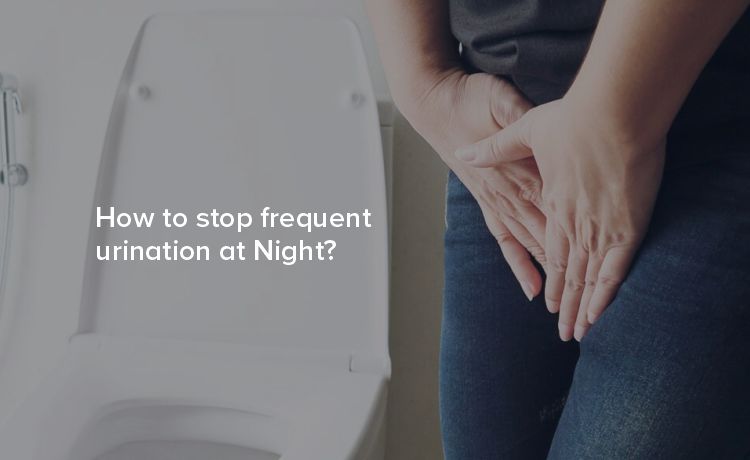Stop Frequent Nighttime Urination With This Easy Method

On average, the human body produces about 30% less urine during sleep. This allows most people to enjoy six to eight hours of uninterrupted rest without needing to visit the bathroom. However, some individuals still find themselves waking up two or three times at night to urinate, a condition commonly known as nocturia. Frequent nighttime urination can disrupt sleep and make it difficult to fall back asleep.....CONTINUE READING THE FULL STORY HERE
Several factors can contribute to frequent urination at night:
Fluid intake before bed – Drinking excessive amounts of water, coffee, tea, or alcohol in the evening can increase nighttime trips to the bathroom.
Urinary tract infections (UTIs) – These can irritate the bladder and increase the urge to urinate.
Prostate enlargement (BPH) – Common in men, especially with age, it can press against the bladder and cause frequent urination.
Pregnancy – Increased pressure on the bladder leads to more frequent urges.
Diabetes – Both type 1 and type 2 diabetes can cause increased urination.
Diabetes insipidus – A condition that leads to dehydration and excessive urination.
Medications – Diuretics (water pills) used to treat high blood pressure can increase urine production.
High calcium levels in the blood – Can also contribute to more frequent urination.
Depression or stress – Emotional strain may worsen symptoms.
Leg swelling – Fluid buildup in the legs during the day can redistribute at night, leading to more urine production.
Frequent nighttime urination is also linked to sleep disorders such as obstructive sleep apnea, since poor sleep quality can interfere with normal bladder function.
Treatment and Lifestyle Adjustments. Managing nocturia often involves treating the underlying cause:
For diabetes – Keeping blood sugar under control helps reduce excessive urination.
For overactive bladder – Antidepressants or other medications may be prescribed, along with bladder training techniques. This includes gradually delaying bathroom trips over a 12-week period to train the bladder to hold urine longer.
Diet changes – Avoid bladder irritants such as caffeine, alcohol, carbonated drinks, tomato-based foods, chocolate, spicy dishes, and artificial sweeteners. Eating a diet rich in fiber may also help improve bladder health.
Fluid management – Stay hydrated during the day, but avoid alcohol and large amounts of fluids within six hours of bedtime. This prevents urine concentration without overloading the bladder at night.
Pelvic floor exercises (Kegels) – Strengthening the muscles around the bladder and urethra can improve bladder control and reduce urgency. Aim for three short sessions daily.
Biofeedback therapy – This technique helps patients better understand and control pelvic muscle activity.
Nocturia can be frustrating, but it’s often manageable with a combination of medical treatment and lifestyle changes. Addressing underlying health issues, adjusting evening habits, and practicing bladder training can significantly improve sleep quality and overall well-being.
